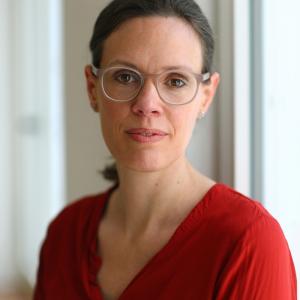Verbundprojekt
Laufzeit: Juli 2024 bis Juni 2026
Projektförderung: BMBF
Projektpartner: Centre Marc Bloch, Berlin; Democracy Institute, Central European University Budapest; New Europe College. Institute for Advanced Study, Bucharest; Institut für Politikwissenschaften, Universität Leipzig
For the last two decades, the European Union has been faced with unprecedented political challenges. The uninhibited assertion of “illiberal” politics, in the name of national values considered different from the “liberal values of the West,” and the contestation of fundamental democratic principles has been constructed by its promoters as an expression of defense of national specificities. These developments have been explicitly formulated in resistance to cultural and political norms considered exogenous and hegemonic, justifying thereby a political agenda of restriction of freedoms and control of institutions. As a result, two opposing camps have been conveniently portrayed: “liberal democracies” and “illiberal regimes.” The East/West binary that underlies this discourse and the political responses to it, gives this crisis of confidence between European states a geopolitical and territorial dimension.
However, in the West as in the East, comparable forms of polarization of public opinions are observable. All over Europe we see a growing divergence between the votes of "cosmopolitan" metropolises and those of rural areas or small towns, which claim to defend traditional national values. The conflict orbits around the social and institutional histories as well as the political imaginations and languages of its protagonists; it is also the result of the strategies of political movements and their actors, situated at different levels of power, who exploit these symbolic and actual divisions. Therefore, in order to get out of the antagonism and make the European democratic project more resilient, the project aims at going beyond binary narratives of the East-West-divide by investigating and situating the underlying reasons of these dichotomous perceptions and role patterns, both with regard to ideological representations and actual experiences.
Abandoning the strictly national frameworks in the study of contestations of liberal democracy, we adopt an actor- and network-centered perspective on different spatial levels: from the international level of the circulation of ideas and their speakers, to the national and local levels of militant mobilization or political affiliation. We are interested in the social fields in which different types of actors (including political, legal, academic, societal or economic stakeholders) interact and which they configure, and in the justifications they mobilize to account for their actions, as well as the multiple exchanges taking place among them. In order to understand these processes, we also seek to investigate how the transnational interaction of political, legal and scientific actors was/is constitutive of the creation or reproduction of an East-West dichotomy, and how we can go beyond it. From this vantage point, our project intends to reveal the multi-dimensional aspects of political movements in Europe.
For further information, please consult the project website.
